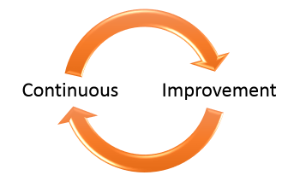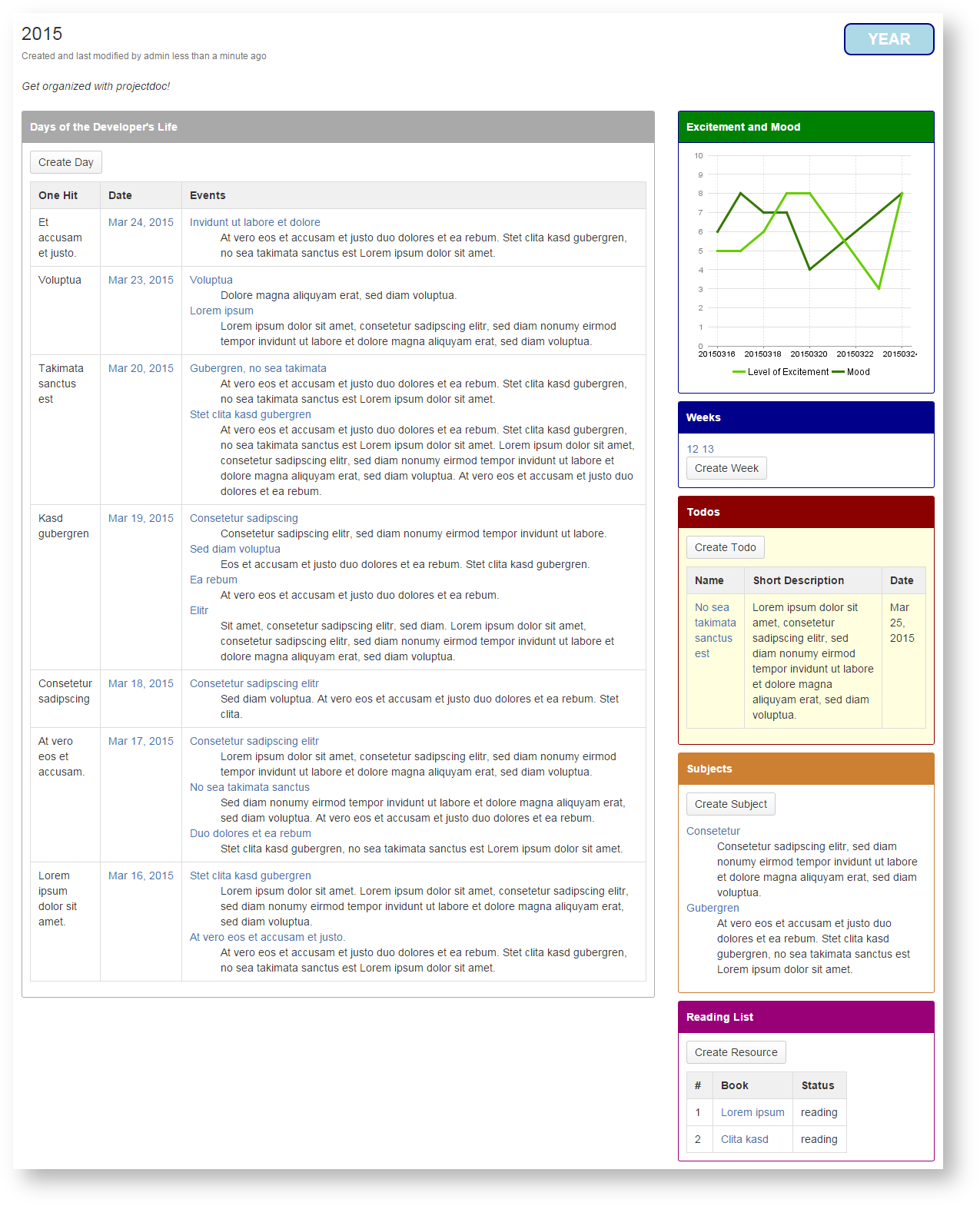A diary allows you to plan for the day. Working on a plan helps you to get focussed and find important details about the tasks you want to accomplish. Although we know that planning is everything, the plan is nothing, in short iterations it is feasible to try to stick to your plan. This allows you to keep track on how you are doing in closing your tasks. For every event on you working day, add an event document to your day. This event document will store every piece of information you regard to be valuable for later use. You may even tag these event documents with a subject, categories, and tags. This will make it easier to find related information or keep going on a theme of tasks that you work on over several days. Note that you should not duplicate the information you already have in your JIRA. Your developer diary will automatically add the list of tasks you fixed on a particular day. If you find it easier to record information in your wiki than in your JIRA task, then create a new page in your wiki. Consider to choose the event doctype and link the new page with your JIRA task.  At the end of your working day, have a look at what you have done and run a short, personal retrospective. Describe what went well and where you can improve. Write it down and define actions to actually act on your insights. This organization of your work will be part of your improvement cycle and will enhance your happiness. At the end of your working day, have a look at what you have done and run a short, personal retrospective. Describe what went well and where you can improve. Write it down and define actions to actually act on your insights. This organization of your work will be part of your improvement cycle and will enhance your happiness.
| 





